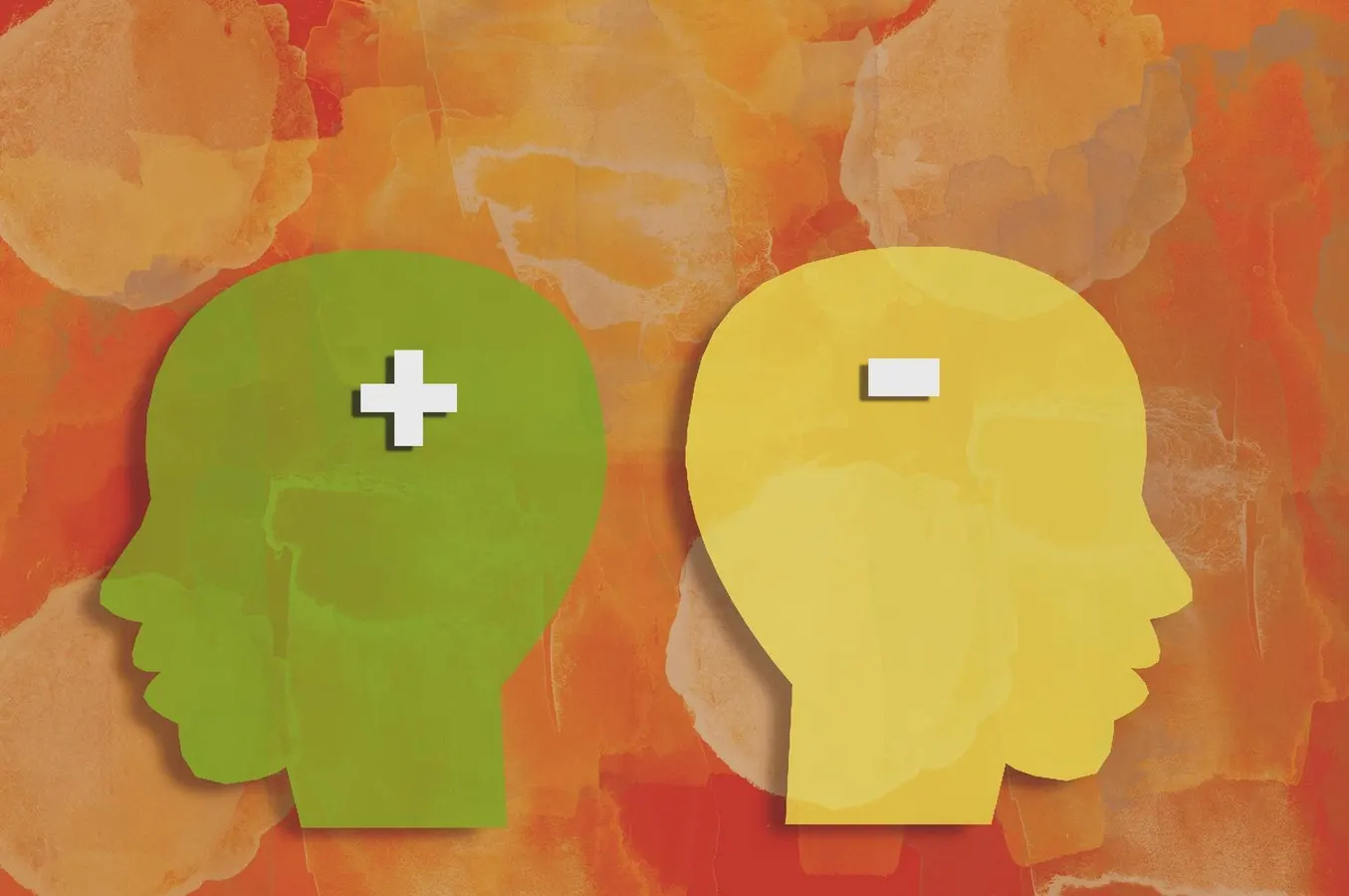Copyright forbes

New research reveals that even the slightest perception of a “dark” personality trait can spell trouble for a relationship. Here’s why. Some say that we fall in love with a person’s best traits, and we learn to live with their worst. But according to new research, there are certain qualities that prove almost impossible to the latter end. The September 2025 study in question, published in the Journal of Couple & Relationship Therapy, found a consistent correlation between certain psychopathic traits and lowered relationship satisfaction in romantic relationships. Intriguingly, by including both partners’ perspectives, the researchers behind the study uncovered a somewhat uncomfortable pattern in these psychopathic qualities: how we see our partner may matter even more than who they really are. Here’s what this might mean for your relationship, according to the 2025 study. What ‘Psychopathic Traits’ Actually Mean Clinical psychologists, in alignment with what research denotes, tend to group psychopathic tendencies into four main clusters: MORE FOR YOU Interpersonal manipulation. Refers to glibness, grandiosity, lying and superficial charm, all of which are typically used strategically. Seen in people who can be persuasive, but mostly for self-serving ends. Callous affect. Refers to a general absence of empathy, guilt or remorse. Essentially leads to emotional detachment that makes it difficult to connect with individuals in a meaningful way. Erratic lifestyle. Refers to a proneness to boredom, impulsivity and irresponsibility, along with a lack of realistic goals. Seen in someone who acts first and only considers the fallout later. Antisocial tendencies. Refers to criminal, delinquent or otherwise deviant behavior. Before your mind goes wild with imagery of movie villains and true-crime-documentary-esque serial killers, it’s worth clarifying that psychopathy exists on an incredibly wide spectrum. There are very few people who meet the clinical threshold for being an actual “psychopath.” Instead, all of us (yes, all) fall somewhere much lower along this range of traits. And in small doses, the first three traits are actually quite normal; sometimes, they’re even adaptive. Being charming, emotionally cool, a little impulsive and willing to bend the rules can all be perfectly normal human qualities. It’s only when these tendencies become chronic, exaggerated or self-serving that they start to look more like psychopathy. When this is the case, it’s much easier to see how these qualities can give rise to tension in a romantic relationship. What this study set out to do, however, was to explore how prevalent these traits are in everyday relationships. In other words, the researchers weren’t searching for full-blown psychopaths. Rather, they were interested in whether or not individuals’ partners perceived them as psychopaths. How those perceptions shaped their relationship satisfaction was, from this perspective, most important. To uncover these details, the research team recruited 85 straight couples from the Netherlands, many of whom were young adults and students. Each partner filled out online questionnaires in order to rate both themselves and their partner on three of the psychopathic traits above: interpersonal manipulation, callous affect and erratic lifestyle. Thereafter, they also rated their overall relationship satisfaction. The Two Traits That Tank Satisfaction The researchers’ analyses revealed two standout traits that were consistently associated with lower relationship satisfaction: manipulativeness and emotional callousness. First, perceived manipulativeness (that is, when someone saw their partner as charming but somewhat deceitful) was one of the strongest predictors of dissatisfaction. And this was true for both men and women. The logic is simple: if you feel like you can’t always trust the person you love, or that they might twist certain situations to their advantage, the relationship’s foundation will naturally feel insecure. The caveat, however, is that manipulative partners weren’t exactly thriving, either. In other words, individuals who rated themselves as more manipulative also reported being less satisfied in their relationships — just as dissatisfied as their partners were. Evidently, you can’t play games and expect intimacy to flourish; the qualities you need to control or outsmart your partner can, and likely will, backfire. The second major culprit was callous affect, or a lack of empathy or emotional warmth. When a partner was perceived as cold or detached in any way, the other was likely to report significantly lower relationship satisfaction in turn. This makes perfect intuitive sense: relationships demand emotional reciprocity and, at the very least, reassurance that the person you love can tune into your feelings. Without that, even a remote sense of distance can feel like rejection. Why Perception Matters More Than Reality By far the thought provoking insight from this study was that partners’ actual level of psychopathic traits wasn’t what best predicted their partner’s unhappiness. Rather, it was their partner’s perception of those traits that did. In simpler terms, this suggests that relationships might not have as much to do with who we think we are in an objective sense; our lifetime tally of good and bad deeds are moot when it comes to love. What matters more is what our partners see in us, from their own subjective point of view, on any given day. It’s crucial to note that you don’t have to be a bona fide psychopath to feel the consequences of this. Most days, it boils down to: Were you kind and attentive to your partner, or did you shut them out? Were you transparent and honest, or did you speak in half-truths? That is, if your partner has reason to believe that you’re in any way manipulative or emotionally unavailable, their experience of the relationship will suffer in turn. This will be the case even when your intentions are objectively benign. The human mind almost always fills in the blanks, and it will do so unreliably in emotionally charged settings like love. Perception is essentially reality in this sense. We rarely respond to our partner’s objective qualities and behaviors, but rather to the version of them that we carry in our minds. This means that as soon as we have reason to doubt someone’s trustworthiness or empathy, we’ll start to interpret even their kindest gestures through a cynical lens. People high in manipulative or emotionally detached traits usually aren’t all too aware of how they’re being perceived. This is why, unbeknownst to many, behaviors that might feel like self-protection to one person can feel like a total betrayal to the other. Worried about how many of these traits you exhibit? Take this science-backed test to find out if they’re cause for concern: Psychopathy Scale Editorial StandardsReprints & Permissions



